Fossil fuels are composed of hydrocarbon chains. It is widely accepted that fuels composed of smaller molecules are the most homogeneous or uniform in structure. Simply, the more structurally uniform a fuel, the cleaner and more consistently it burns. This applies to all type of fossil fuel. A less “dense” fuel such as gas, for example, will comprise of smaller carbon/hydrogen molecules, have a more uniform molecular structure and will burn much cleaner. However, it contains less BTU (energy value) and thus will produce less heat (energy).
Conversely, a very “dense” fuel such as coal is far from uniform in structure with its dense carbon/hydrogen molecules. Although it contains much greater BTU values it will produce much higher emissions as a result. Pump diesel and petrol fall between this spectrum with diesel generally being the less uniform structurally.
As soon as fuel leaves the refinery it starts to degrade and moves away from its ideal state resulting in poorer combustion quality, lower fuel economy and higher exhaust emissions. Many fuels are structurally compromised even before leaving the refinery leading to inconsistency. Fuel additives are used to counter this degradation by dispersing contaminants or actively cleaning carbonaceous matter that has resulted from burning fuel that is or has become less homogeneous. Conventional additive technologies deliver valuable functions such as cleaning, lubrication and protection.
However, few actually improve the fuel structurally. Therefore, more can be done to improve the structural composition of fuel and more importantly to maintain this structural uniformity. Fuels have a fixed BTU value that cannot be manipulated or increased. The goal of Hybrogen is to improve the structure of fuels to maximise the available BTU and deliver the most efficient and cleanest burn possible without the use of conventional dispersants, combustion improvers and metal based catalysts. Hybrogen is completely free of metals and ash.
Functions
- Cleans the fuel system
- Removes carbon deposits
- Helps clean turbo, lambda, CAT and DPF/GPF
- Improves combustion quality
Benefits
- Smoother running engine
- Restored engine performance & fuel economy
- Reduction in harmful exhaust emissions
- Lower maintenance costs
Hybrogen takes a unique approach to fuel conditioning by addressing the real time quality of fuel to produce the most homogenous state possible. Acting as a Nano colloid of around 80nm in size it aggressively disperses carbon chains creating a more structurally uniform fuel. In doing so, both diesel and petrol fuels burn cleaner.
The technology behind Hybrogen is over 7 years in the making and has undergone considerable lab and field testing to demonstrate efficacy, consistency and safety. Cleaning of the fuel system is achieved by creating a surfactant function whilst cleaning of the injector tips, combustion area and post combustion area of carbonaceous matter is achieved by natural scavenging as a result of producing much cleaner exhaust gases. By directly addressing the structural quality of the fuel we remove the need for conventional detergents and metal-based combustion improvers.
Hybrogen will help clean the fuel system and improve combustion significantly resulting in a cleaner engine and emission control components. As a result these functions can increase engine torque, reduce fuel consumption, maintenance costs and lower exhaust emissions. Hybrogen does not interfere with fuel system lubricity and will safely remove water from fuel.
Fuel Economy – Negative vs Positive Gain
The mechanisms behind fuel consumption reduction and restoration are commonly misunderstood. There are two important functional baselines. Quality of fuel – The quality of fuel will help determine the quality of combustion, which in turn will influence engine power output, fuel usage and exhaust emissions.
Amount of deposit formation in the fuel system and engine – Over time deposits accumulate in the fuel system and combustion area negatively effecting engine performance, fuel usage and exhaust emissions.
NEGATIVE GAIN is the process of restoring lost engine performance and fuel economy by removing fuel system and engine deposits. This will also have a positive effect on exhaust emissions.
POSITIVE GAIN is the process of improving the quality of combustion resulting in additional engine performance and lower fuel usage above that measured on a clean engine using standard, untreated fuel. This will have an additional positive effect on exhaust emissions.
Hybrogen delivers both function to restore lost fuel economy back to expected baseline figures whilst improving combustion quality to improve performance and fuel usage above that of a clean engine using standard fuel.
Fuel improvements vary depending on the quality of fuel and engine. However, a minimum of 2% should be expected and 5% or more with poor quality fuel and older engine designs providing a significant ROI. Reduced downtime, maintenance costs and crankcase contamination can also be expected.
| Road Application | Fuel Consumption | Other Reported Benefits |
| Riccardo Consulting Engineers, Independent Test on Volvo S40 1.8TL using EUDC & EUC15 drive cycle fuel consumption tests, emissions and power tests. |
Average 4%+ improvement in fuel consumption. NB. Engine nearly new and very clean. | Average 4.2% improvement in engine power. Visible reduction in smoke opacity. |
| Queens University Independent test on Recardo E6/MS test diesel engine paired with electrical dynamometer. |
Over 12% improvement in fuelconsumption. | Average 14% improvement in power. |
| 5600 miles test run by experienced Petroleum Chemist on diesel road vehicle. |
Average 12.6% Improvement. | Average full tank range increased from 497 to 560.3 miles. |
| Dynamometer test on Nissan 350Z. | Over 6% improvement in power using combined Hybrogen fuel additive and Oilem oil additive. |
Engine more responsive. |
| Scania R380. | Up to 10% improvement in fuel consumption. | None reported. |
| Mitsubishi L200. | Average 6.8% improvement in fuel consumption. |
Reduction in carbon build-up. |
Directions:
- 1 part Hybrogen to 3,000 parts fuel (1:3,000).
- 1ml treats 3 litres of fuel. Ideally, Hybrogen should be added before fuel to aid mixing. This is particularly important where agitation from natural movement of the fuel tank is limited.
- Pour required amount into fuel tank and then add fuel.
Browse other Oilsyn products here: Oilsyn – Power Enhancer


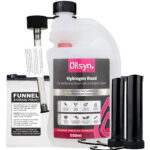
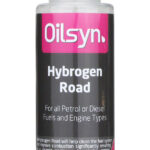
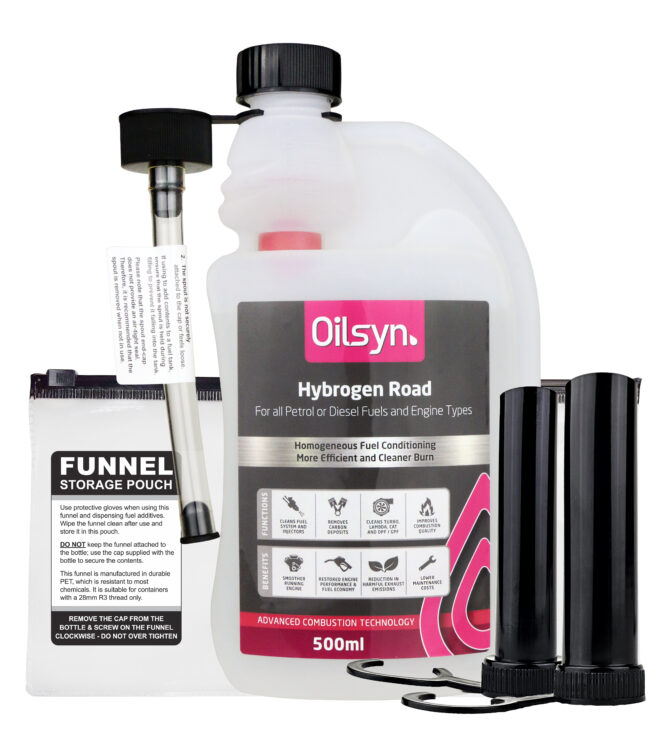
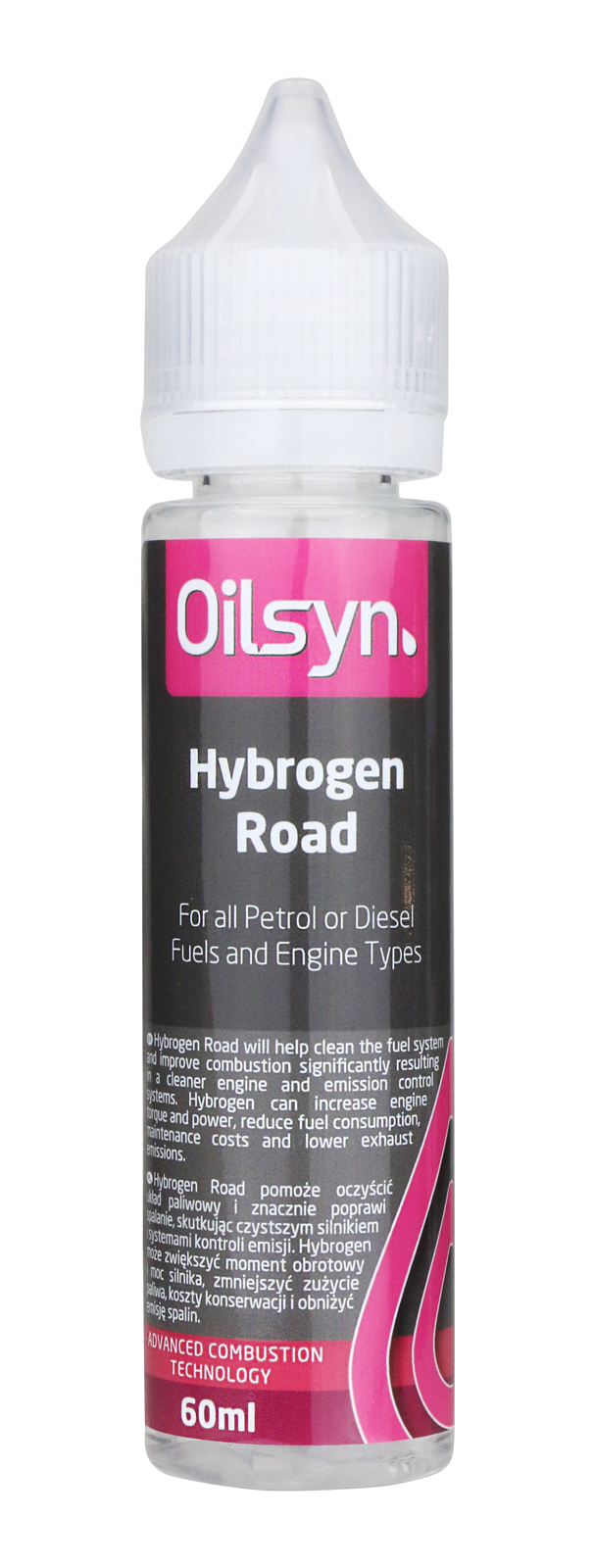
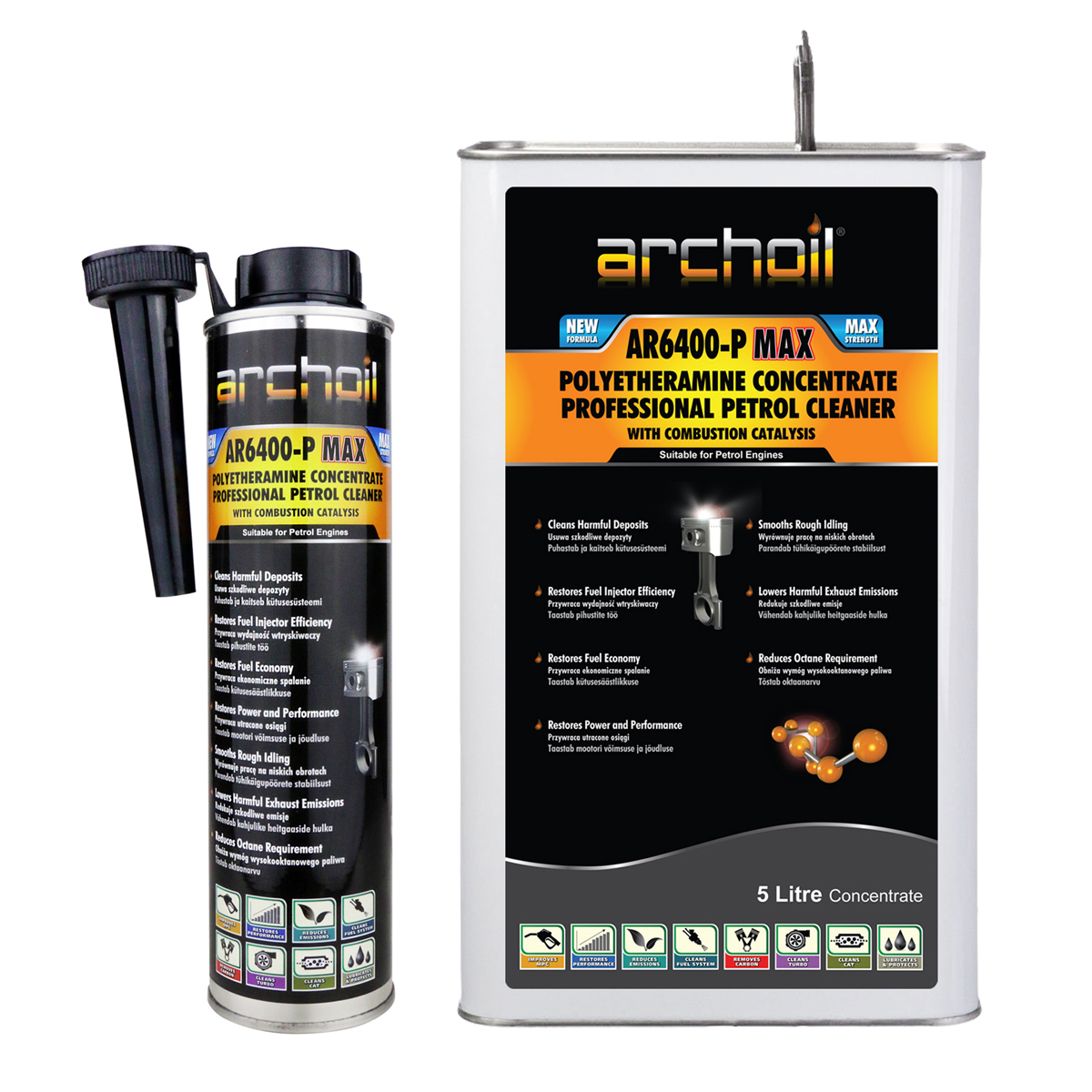
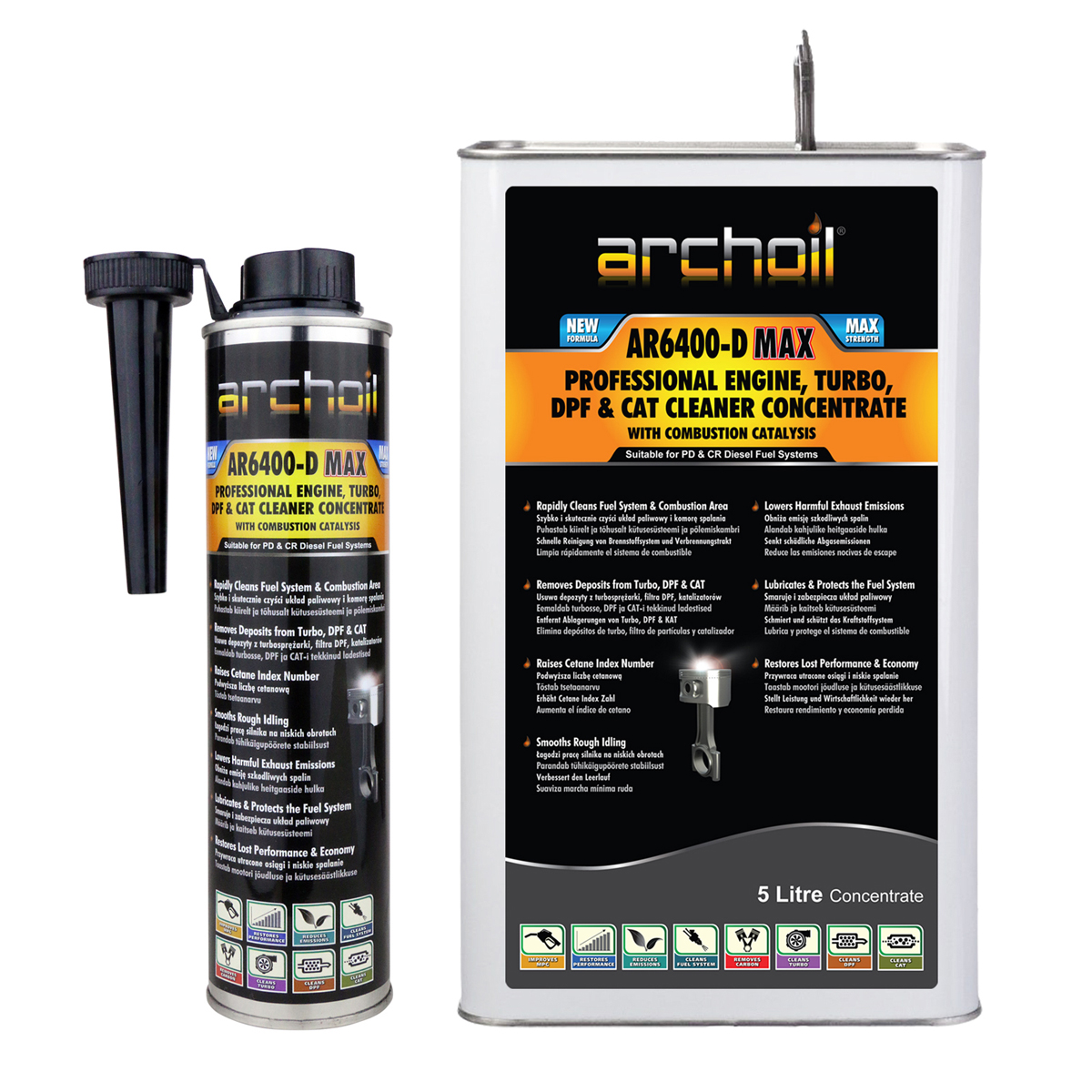
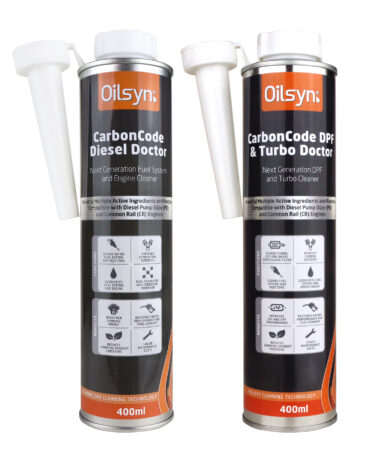
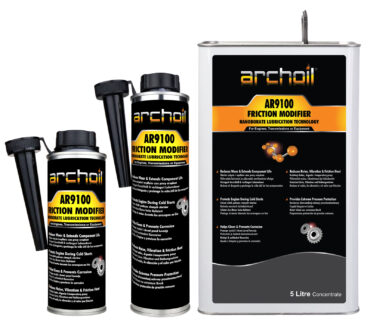
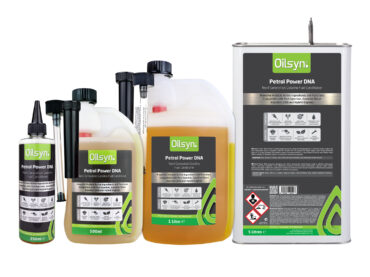

– Martin
I’ve been using this addative in my m140i for a couple of weeks took it to dyno today and power figure on stock map was up 16bhp from 348 to 364bhp.This was the highest power and tourque figure they had ever seen from a stock B58 engine.I would recommend this product to everyone
– Chris
I use this with super diesel and I get another 130miles before a regeneration is required. Also provides a noticeable increase in engine response